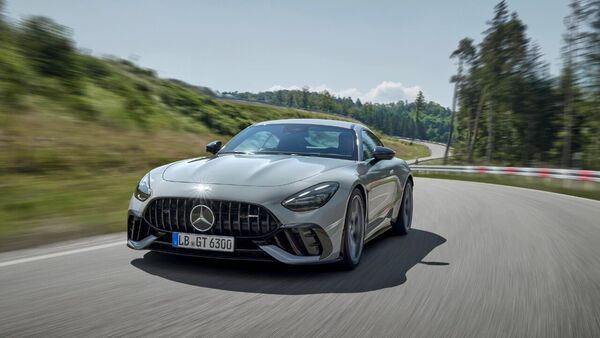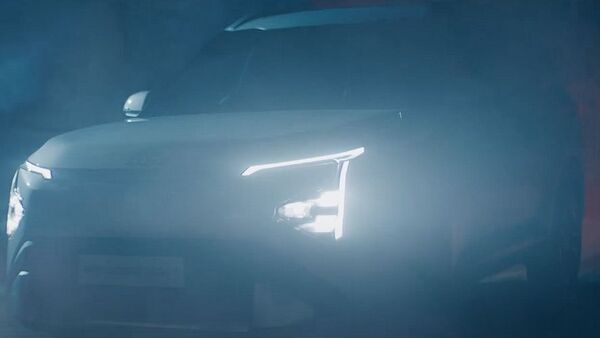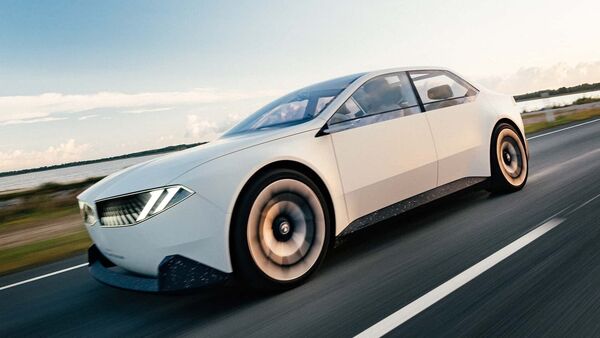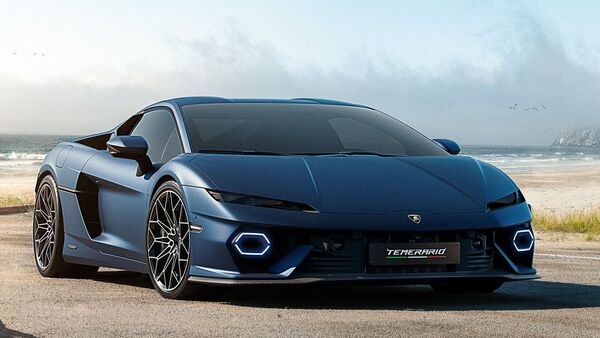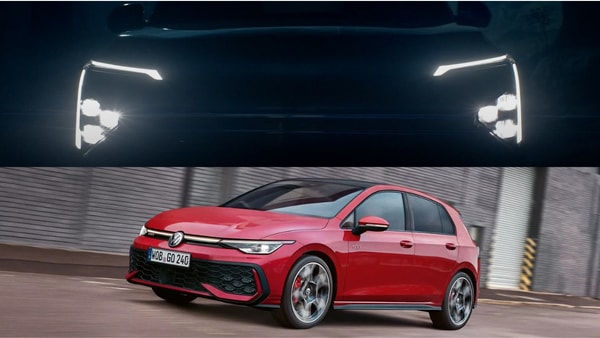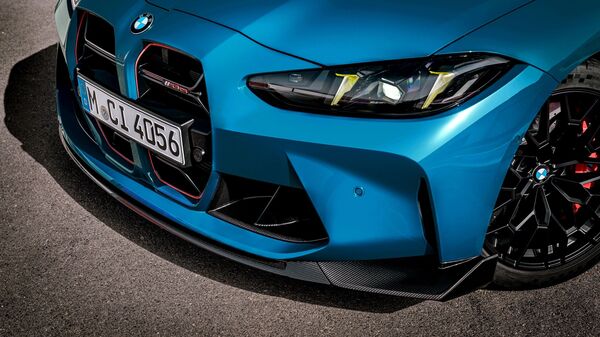
BMW M3 to Maintain Both ICE and EV, No Plans for Downsized Engine
2 months ago | 5 Views
The BMW M3 stands as one of the most esteemed performance vehicles produced by the renowned German luxury automaker. While the company is in the process of developing a fully electric version of the M3, it has confirmed that the internal combustion engine will persist for at least one more generation. Furthermore, the BMW M division, which oversees the brand's performance models, has expressed a desire to diverge from the path taken by its main competitor, Mercedes-Benz AMG. The forthcoming generation of the BMW M3 is set to maintain a six-cylinder engine, with the introduction of a four-cylinder variant being highly unlikely.
Frank Van Meel, the CEO of BMW M, has dismissed the idea of equipping the M3 with a four-cylinder engine. He asserts that reducing engine size and the number of cylinders does not represent a viable solution for the future of performance vehicles. Notably, the philosophy of the BMW M division contrasts sharply with that of Mercedes-Benz's AMG performance division.
In an interview with the Australian automotive publication Drive, Van Meel emphasized that rather than downgrading the M3 to a four-cylinder engine, akin to the recent Mercedes-Benz C63 AMG, the next iteration of the BMW M3 sports sedan will uphold its six-cylinder configuration. He articulated that a four-cylinder engine cannot deliver the consistent performance required on a racetrack when compared to the larger 3.0-liter engine. "We are transitioning to electric, yet we will continue to utilize our six-cylinder inline engine for the next generation. We consistently explore various concepts. When it comes to downsizing, performance output on tracks is paramount. Achieving continuous performance output would make it exceedingly challenging to downsize to a four-cylinder engine for track driving," he remarked.
BMW M3's root goes back to a four-cylinder engine
BMW aficionados might contend that the original M3 was equipped with a four-cylinder engine; however, the late 1980s and early 1990s represented a different automotive landscape. During that era, the lighter powertrain was favored for its contribution to improved vehicle handling. In contrast, the 2025 BMW M3 is significantly heavier than its 1986 predecessor, which diminishes the argument for a four-cylinder engine, as it would experience considerably more stress. For context, the first-generation BMW M3 had a weight of approximately 1,200 kilograms, while the current model, featuring an automatic transmission and xDrive, adds an additional 580 kg.
Audi too shares similar philosophy
Audi, similar to BMW M, has dismissed the notion of incorporating four-cylinder engines into its performance-oriented RS models. Nevertheless, the German luxury automotive manufacturer, part of Volkswagen AG, has indicated that the adoption of hybrid technology is essential to meet the growing demands of stringent emissions regulations.
"Get the latest Bollywood entertainment news, trending celebrity news, latest celebrity news, new movie reviews, latest entertainment news, latest Bollywood news, and Bollywood celebrity fashion & style updates!"


